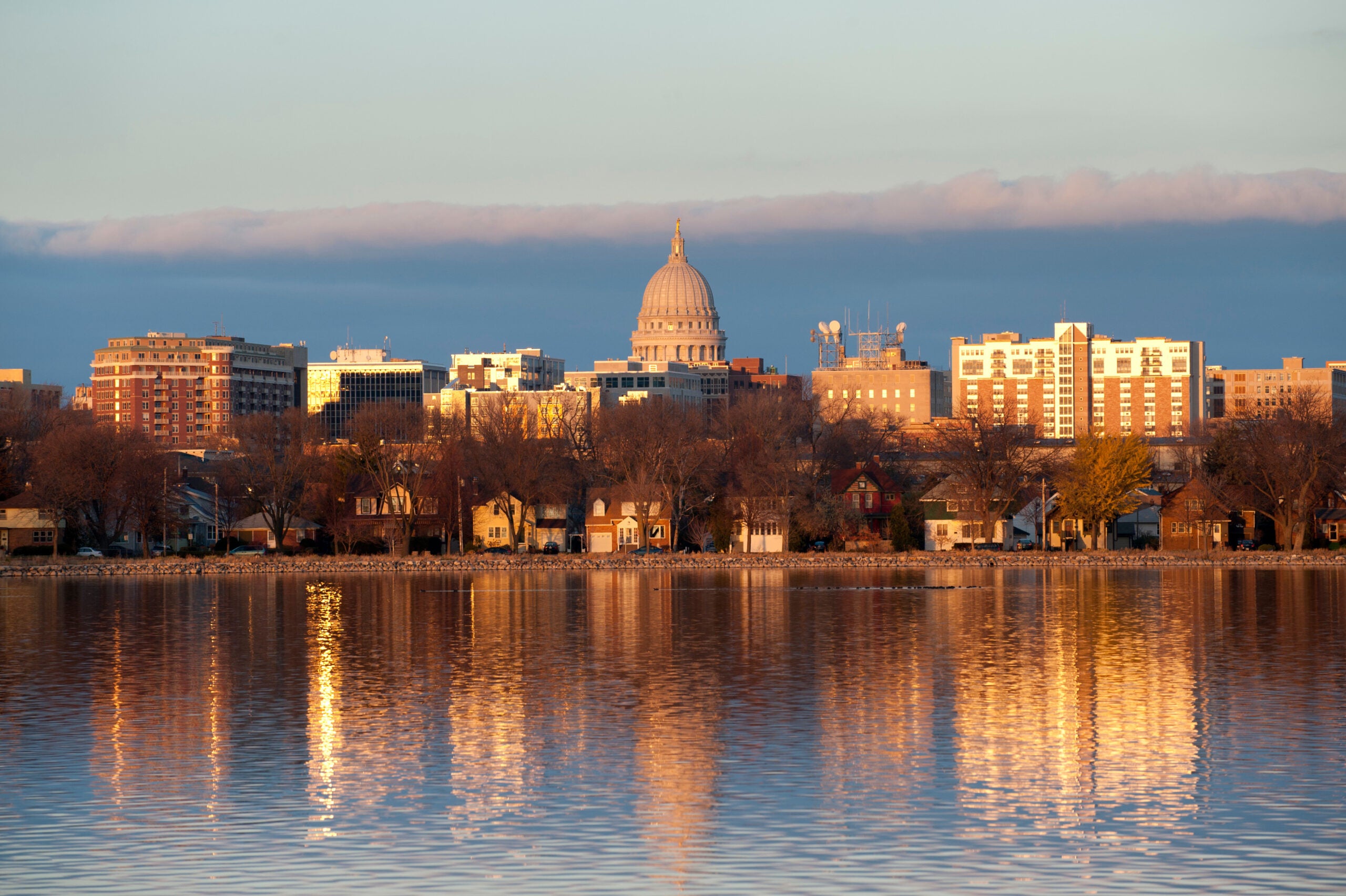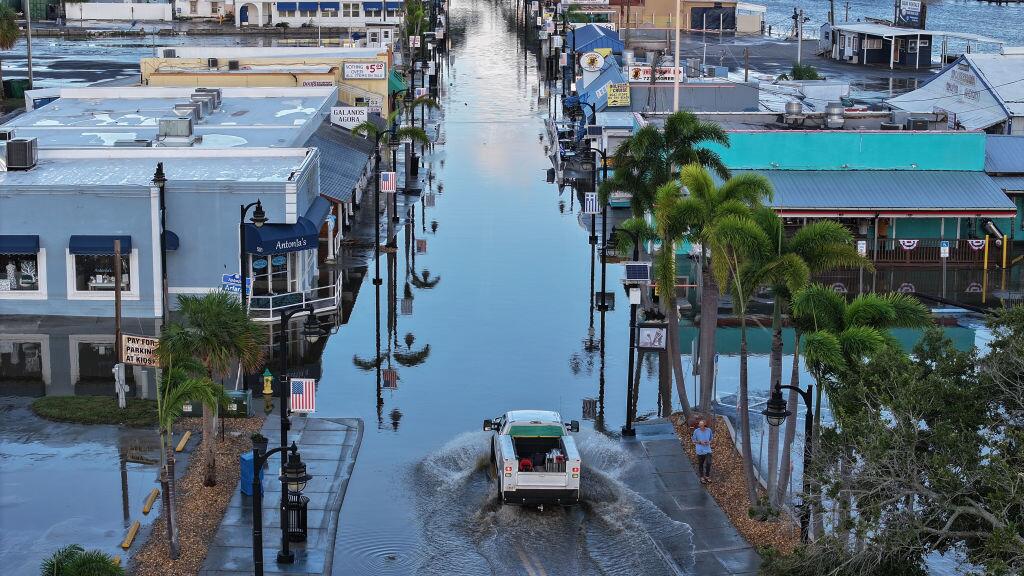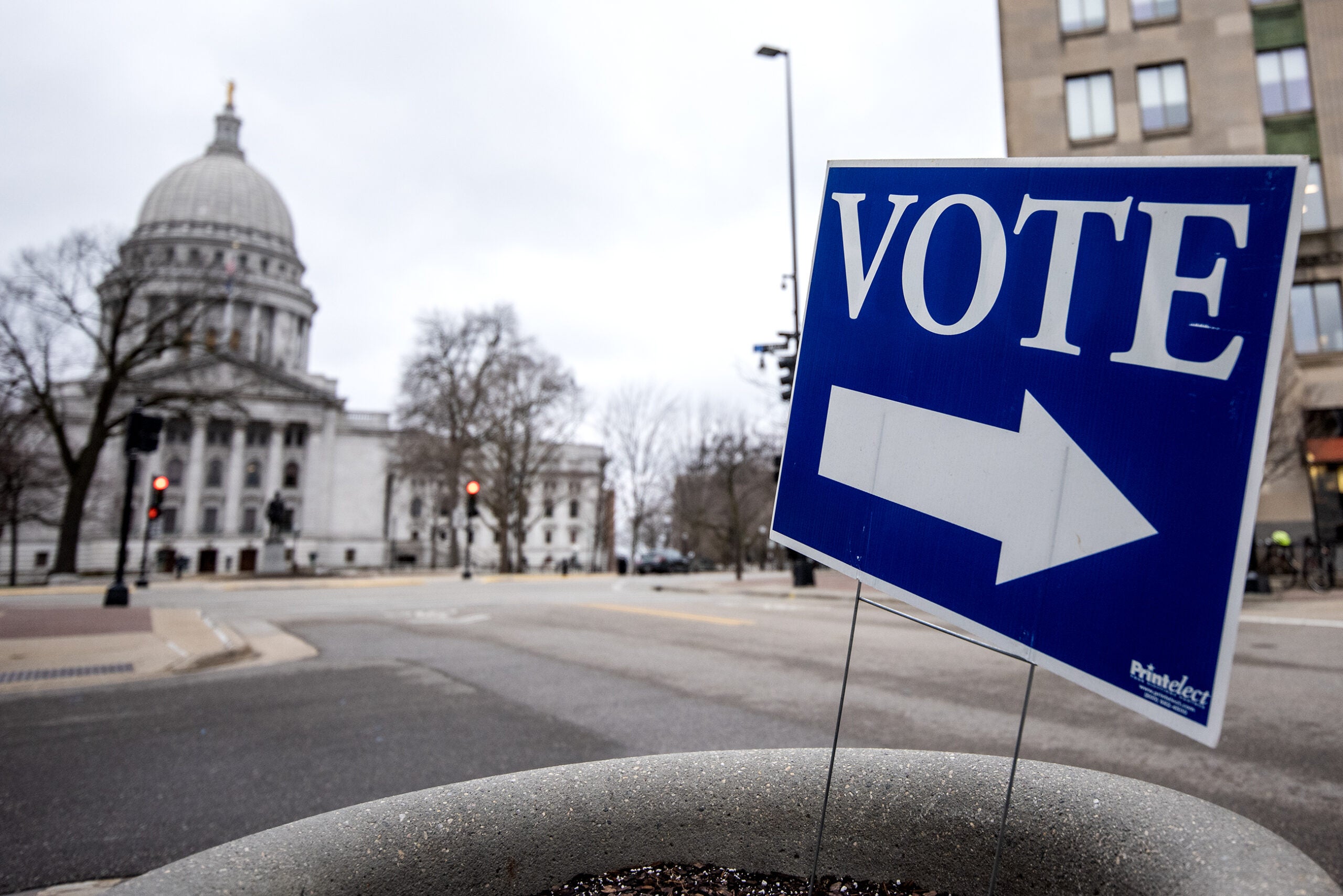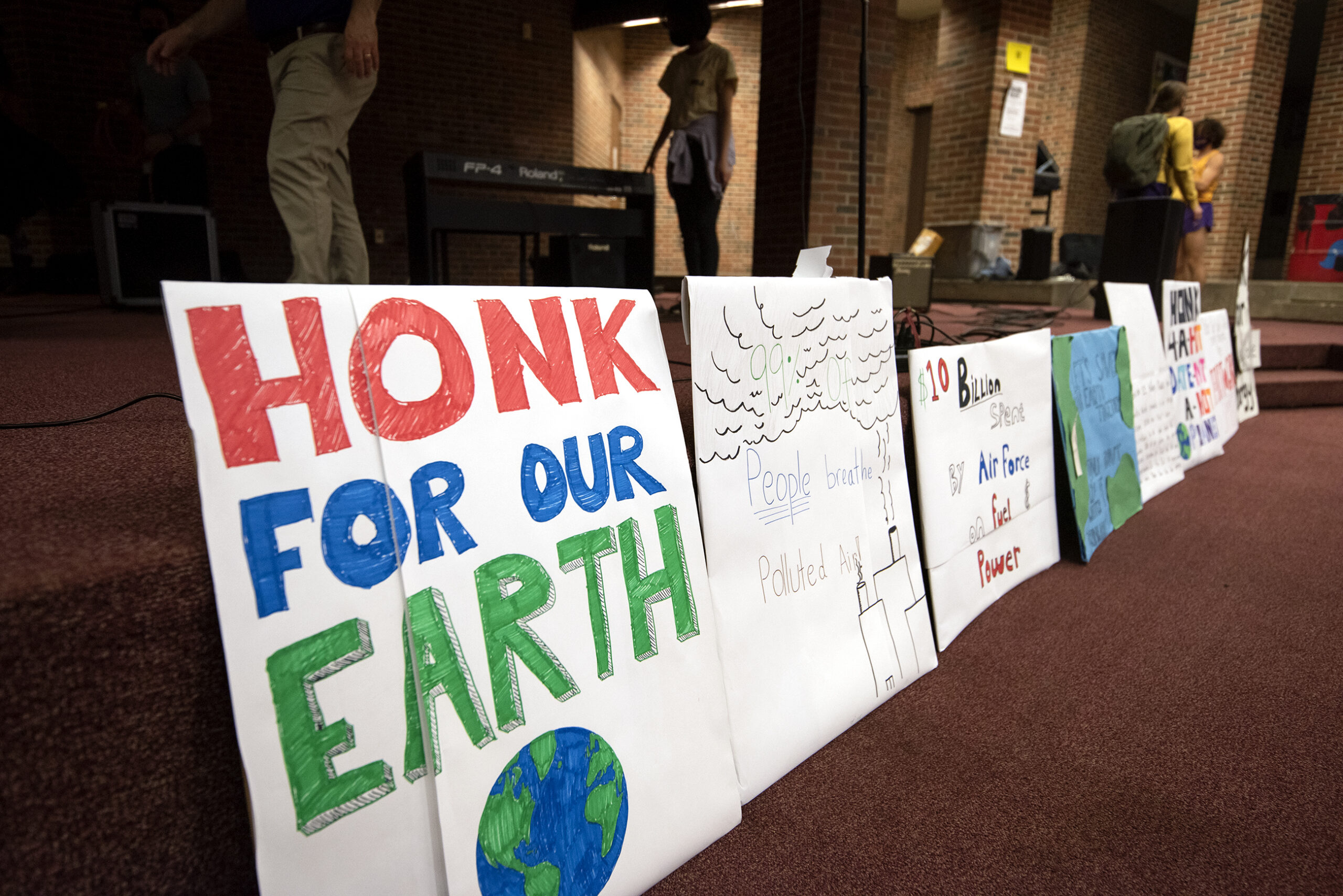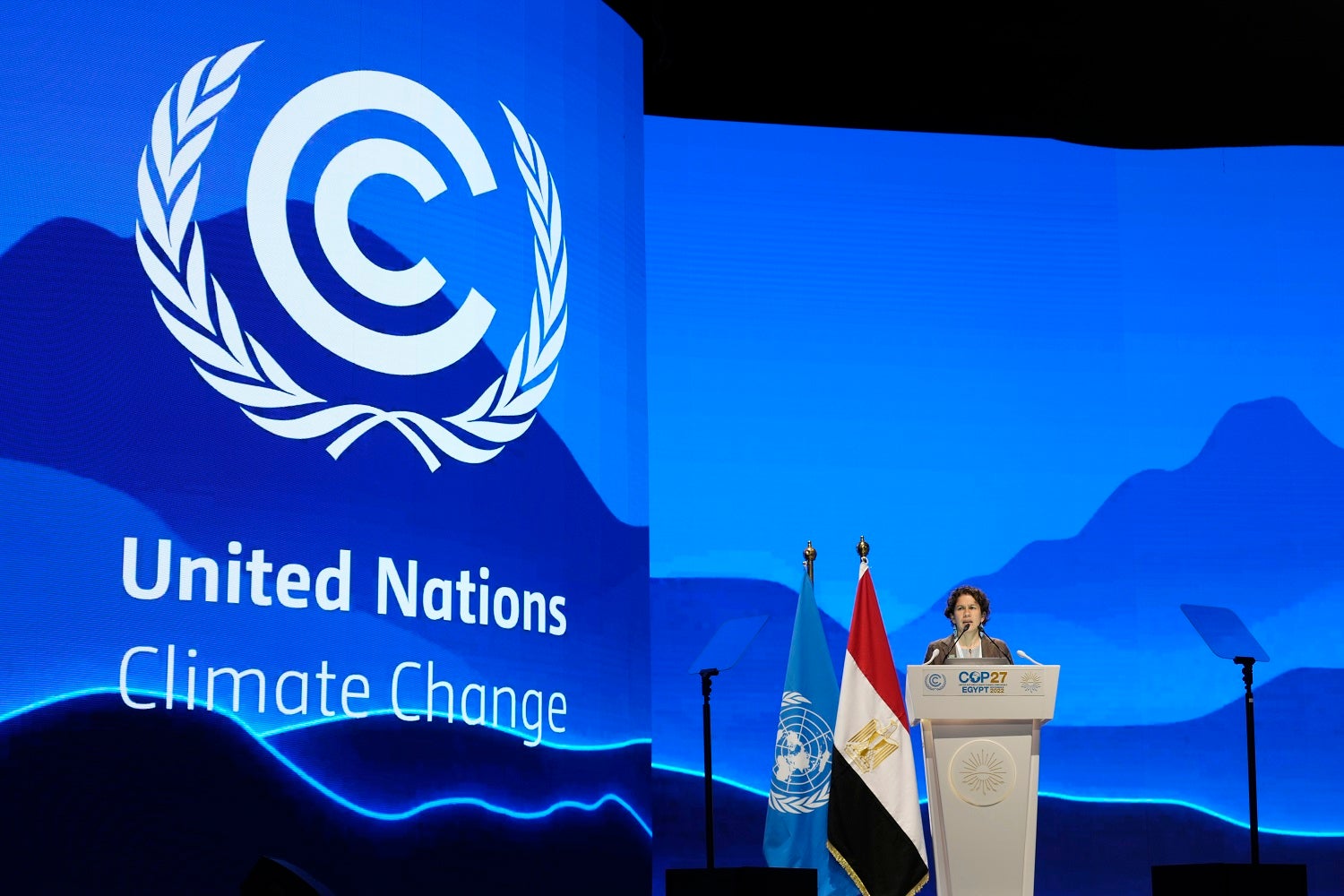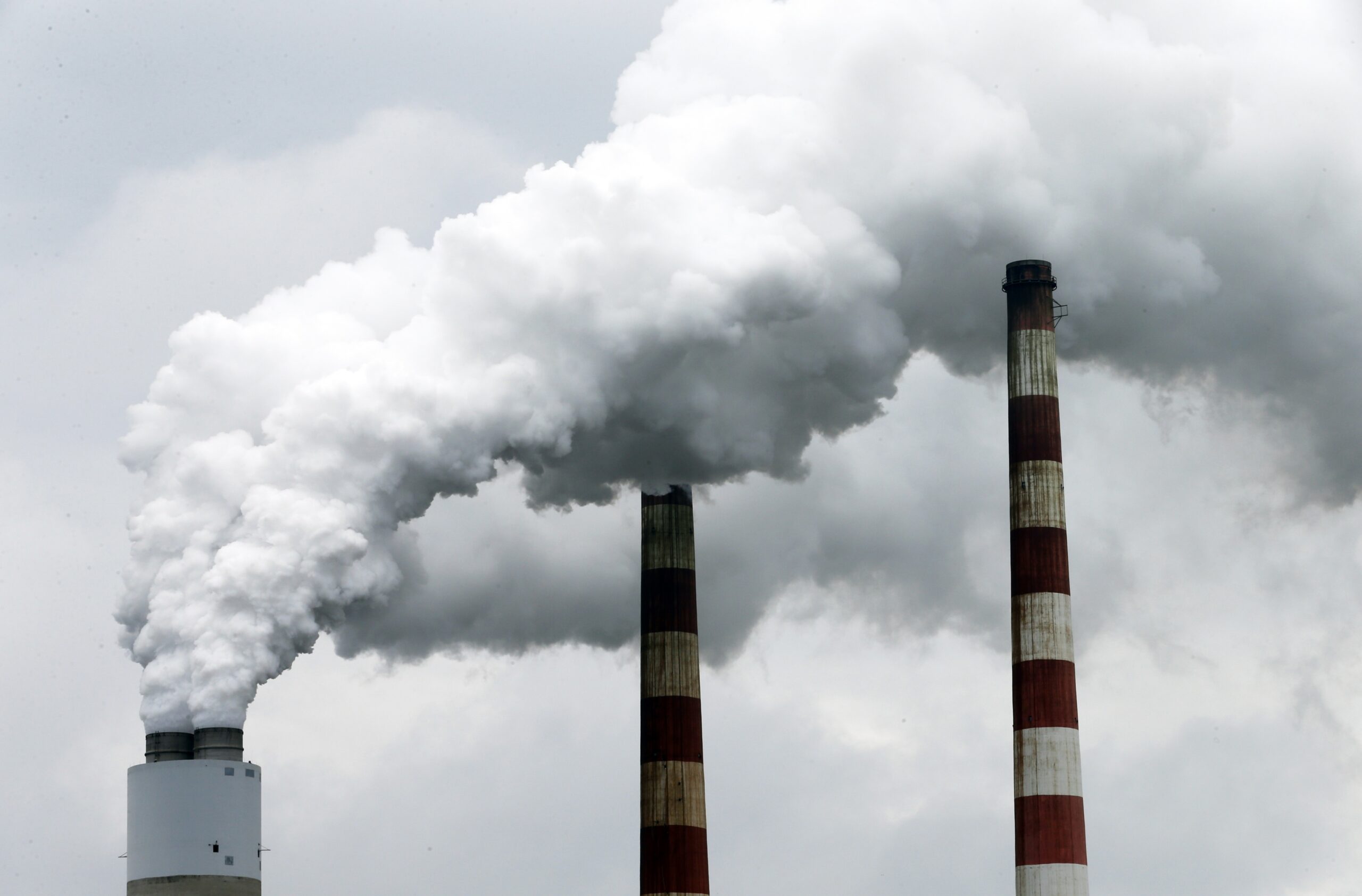A new poll of Wisconsin residents shows that climate change, the federal budget deficit, income distribution and race relations are among the top concerns heading into the 2022 midterms, although many of the same respondents felt issues were a larger problem at the national level.
University of Wisconsin-Madison’s La Follette School of Public Affairs sent an eight-page survey to 5,000 residents between July and September 2020. Nearly 1,600 individuals from all over the state except Menomonee County responded, with a response rate of 33 percent.
Off all the respondents, 39 percent said they felt that climate change was an “extremely big problem” nationally, 37 percent said the same about the federal budget deficit and 36 percent said income distribution in the U.S. About 35 percent said race relations and health care were top issues facing the nation.
Stay informed on the latest news
Sign up for WPR’s email newsletter.
When asked what challenges were facing the state of Wisconsin, only 27 percent of respondents cited climate change as an “extremely big problem,” 25 percent said the same about health care and 24 percent said race relations.
“Wisconsinites — and I mean all Wisconsinites, Democrats, Republicans and independents — view public policy issues as more problematic in the U.S. overall than in our state,” said a press release from the La Follette School of Public Affairs. “This suggests that a national lens on public policy issues like healthcare, climate change, the budget deficit and government regulation might get folks more engaged and make them more likely to vote.”
Susan Webb Yackee, a professor of political science and policy at UW-Madison and director of the La Follette School, said the poll was designed to take the temperature of residents on policy issues and not individual candidates.
When issues were broken down by political affiliation, only 11 percent of Republicans felt that climate change was the highest problem at the state and national level, while 65 percent of Democrats felt the same.
Similarly, political splits were notable when respondents were asked about health care, race relations and the federal budget deficit.
Among independents, 43 percent felt the deficit was an extreme problem and 38 percent felt income distribution was as well. Health care was also cited as an extreme problem by 34 percent of independent respondents.
Yackee said as the state heads into election season, there will be a hotly contested race to win votes from the state’s independents.
“We can expect some of the candidates to be talking about those issues, or at least that’s what candidates should be talking about,” said Yackee. “These are issues that independent voters in Wisconsin care about.”
Wisconsin Public Radio, © Copyright 2025, Board of Regents of the University of Wisconsin System and Wisconsin Educational Communications Board.
